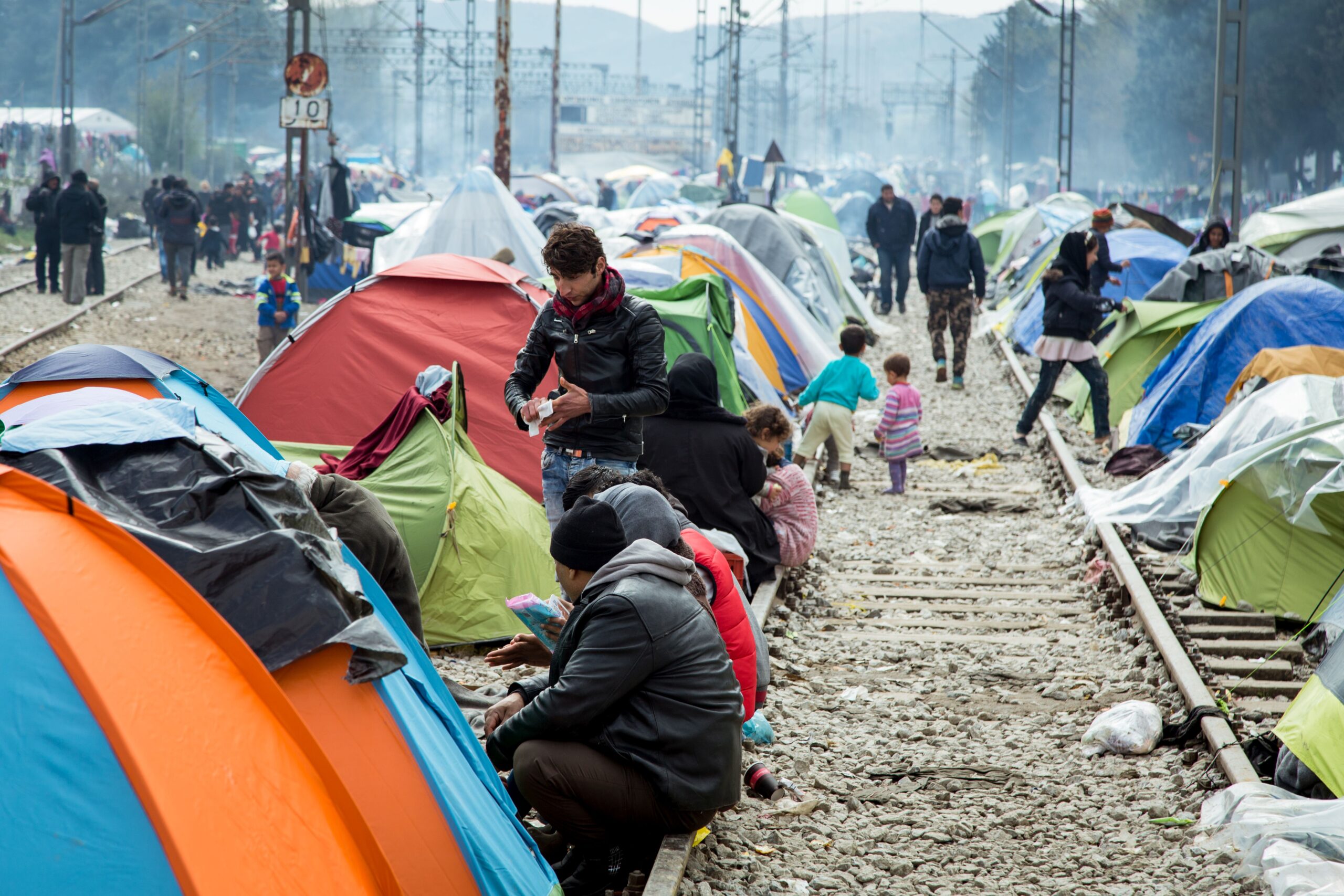In an increasingly interconnected world, the phenomenon of refugees and migration has garnered profound attention. It serves as a poignant reminder of the human condition, urging societies and individuals alike to reflect upon their moral obligations. The question arises: what do religions, particularly the Bahá’í Faith, posit regarding these pressing issues? The teachings illuminate deeper philosophical underpinnings and ethical imperatives surrounding the plight of displaced individuals.
At the core of the Bahá’í Faith lies a commitment to the oneness of humanity. This principle shapes the perspective on refugees and migration. Refugees are not mere statistics; they are individuals who have been uprooted by circumstance, often fleeing violence, persecution, and despair. The Bahá’í teachings emphasize that every person possesses inherent dignity and should be treated with compassion and respect, reflecting the divine essence within each soul.
The Bahá’í writings compellingly advocate for the alleviation of suffering. In times of strife, a collective moral responsibility arises for societies to respond with empathy towards those who are displaced. “The Lord hath ordained that the betterment of the world can be accomplished through pure and goodly deeds, through commendable and seemly conduct,” states the teachings. This underscores the necessity for communities to mobilize efforts in support of refugees, fostering environments that embrace diversity and protect those seeking solace from hardships.
Moreover, the prevailing narrative surrounding refugees often encapsulates fears and prejudices. Yet, the Bahá’í perspective challenges these notions by promoting an understanding rooted in solidarity and compassion. It asserts that migration enriches societies and fosters cultural exchange. In this framework, the arrival of newcomers is not viewed solely through the lens of burden but recognized as an opportunity for vibrant amalgamation and mutual growth. Emphasizing the human capacity for resilience, the teachings advocate a communal ethos where assistance is rendered unconditionally.
Religious doctrines across the globe echo similar sentiments. In Christianity, for instance, the biblical injunction to “love thy neighbor as thyself” compels adherents to extend a hand to those in distress. Passages in the Quran also advocate for the treatment of the “stranger” with kindness, establishing hospitality as a sacred duty. These core tenets resonate deeply within the Bahá’í worldview, promoting a universal approach to migration and refugee assistance. Religious teachings often highlight the importance of welcoming the foreigner, recognizing both the struggles faced and the gifts they bring to the communities that embrace them.
In exploring the intersection of migration and spirituality, one must not overlook the fundamental role of social justice in these discussions. The Bahá’í Faith posits that unjust conditions—political instability, economic disparity, systemic discrimination—often catalyze mass migration. Thus, it is not solely the responsibility of individuals to assist refugees but also an imperative for governments and organizations to rectify the conditions that force people to flee. Advocating for systemic change aligns with the broader aspirations of equity and justice espoused in Bahá’í teachings.
Furthermore, the interconnectedness of humanity illuminates the fact that migration is often a global phenomenon, transcending geographical boundaries and cultural divides. The Bahá’í teachings suggest that one’s identity must expand beyond local or national affiliations; it should encompass an awareness of global interdependence. Consequently, responses to migration must not be confined to local outreach but should also embrace an international perspective, recognizing that the struggle for rights and dignity knows no borders.
Interestingly, the distinction between migrant and refugee can be pivotal when assessing religious obligations. While refugees are forced to flee their countries due to persecution, migrants may move for various reasons, including economic opportunities. Yet, the Bahá’í perspective maintains that each individual merits comprehension and support regardless of their categorization. This reflects an intrinsic belief in the universality of human rights, recognizing that freedom, safety, and the pursuit of happiness are fundamental tenets for all.
In defining frameworks for understanding and acting upon the refugee crisis, it is imperative to consider local, national, and international interventions. The Bahá’í community, among others, advocates for policies that support refugee integration and emphasize the importance of education and vocational training. By equipping refugees with tools for success, societies can cultivate resilience and facilitate contributions to their new homes. Such actions resonate with the Bahá’í understanding that true prosperity is collective, hinging upon the well-being of all individuals.
The phenomenon of migration may often appear daunting, fraught with complexities that challenge societal norms and provoke anxieties. Yet, through a lens of compassion and respect for the dignity of all individuals, religions—including the Bahá’í Faith—call for a transformative approach to addressing the needs and rights of refugees. By weaving together strands of charity, justice, and communal harmony, a mosaic of support for refugees can emerge, fostering a world wherein all individuals thrive irrespective of their origins.
In conclusion, the constellation of religious perspectives, notably those found within the Bahá’í teachings, champions the call for unity and empathy as global citizens grapple with the realities of migration. This multifaceted dialogue compels communities to envision a future that values each person’s journey, summoning a collective resolve to act with love, equity, and understanding towards those who seek refuge and hope.
